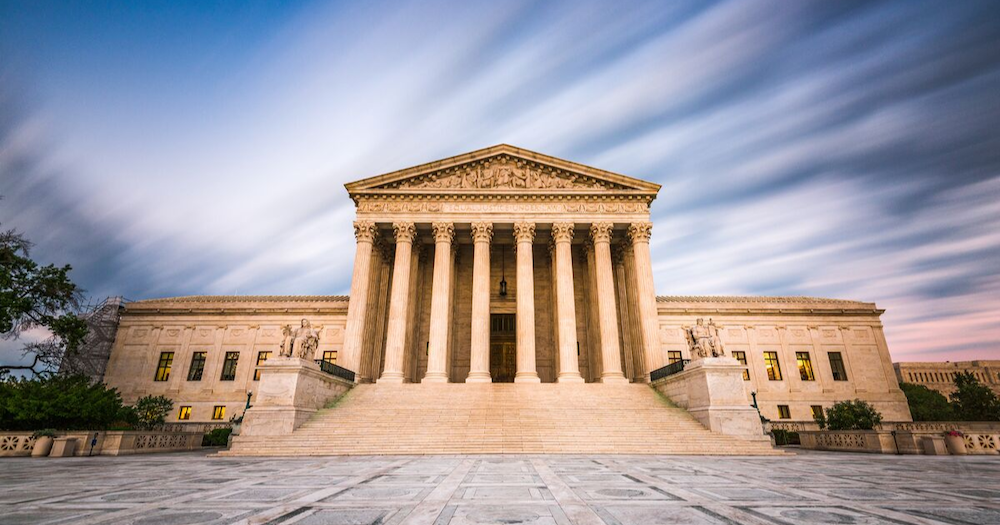[fusion_builder_container hundred_percent=”no” hundred_percent_height=”no” hundred_percent_height_scroll=”no” hundred_percent_height_center_content=”yes” equal_height_columns=”no” menu_anchor=”” hide_on_mobile=”small-visibility,medium-visibility,large-visibility” status=”published” publish_date=”” class=”” id=”” background_color=”” background_image=”” background_position=”center center” background_repeat=”no-repeat” fade=”no” background_parallax=”none” enable_mobile=”no” parallax_speed=”0.3″ video_mp4=”” video_webm=”” video_ogv=”” video_url=”” video_aspect_ratio=”16:9″ video_loop=”yes” video_mute=”yes” video_preview_image=”” border_size=”” border_color=”” border_style=”solid” margin_top=”” margin_bottom=”” padding_top=”” padding_right=”” padding_bottom=”” padding_left=””][fusion_builder_row][fusion_builder_column type=”1_1″ layout=”1_1″ spacing=”” center_content=”no” link=”” target=”_self” min_height=”” hide_on_mobile=”small-visibility,medium-visibility,large-visibility” class=”” id=”” background_color=”” background_image=”” background_image_id=”” background_position=”left top” background_repeat=”no-repeat” hover_type=”none” border_size=”0″ border_color=”” border_style=”solid” border_position=”all” border_radius=”” box_shadow=”no” dimension_box_shadow=”” box_shadow_blur=”0″ box_shadow_spread=”0″ box_shadow_color=”” box_shadow_style=”” padding_top=”” padding_right=”” padding_bottom=”” padding_left=”” margin_top=”” margin_bottom=”” animation_type=”” animation_direction=”left” animation_speed=”0.3″ animation_offset=”” last=”no”][fusion_text columns=”” column_min_width=”” column_spacing=”” rule_style=”default” rule_size=”” rule_color=”” hide_on_mobile=”small-visibility,medium-visibility,large-visibility” class=”” id=””]
The Modern Military Association of America (MMAA), along with three former Service Secretaries and a group of military and veteran advocacy organizations, filed a “friend of the court” brief today with the Supreme Court of the United States arguing the Trump-Pence administration’s rescinding of the Deferred Action for Childhood Arrivals program (DACA) severely undermines military readiness and violates federal law. Filed in three consolidated cases before the Court, the brief argues that the government violated the Administrative Procedure Act and failed to consider the harm that DACA rescission would have on DACA beneficiaries who have enlisted in the military, military family members, and the military itself, which has been significantly strengthened by the enlistment of non-citizens, including DACA recipients.
MMAA was joined in the brief by the 22nd U.S. Secretary of the Army Eric Fanning, the 25th U.S. Secretary of the Air Force Deborah Lee James, the 75th U.S. Secretary of the Navy Ray Mabus, the National Veterans Legal Service Project, Jewish War Veterans of the USA, Blue Star Families, Minority Veterans of America, and Swords to Plowshares. Winston & Strawn LLP filed the brief, which can be read in full here.
“This is another in a long line of decisions by the Trump-Pence administration that undermines military readiness and morale. In a rush to push through a radical agenda, the administration either didn’t care or completely overlooked how rescinding DACA would stigmatize and harm non-citizen service members and their families while also cutting off an important source for military recruiting,” said MMAA Legal and Policy Director Peter Perkowski. “The United States has long relied on immigrants who want to serve this country and protect our freedoms and security. We urge the Supreme Court to uphold the lower courts’ rulings on DACA and stop this administration’s reckless action.”
On September 5, 2017, the Government issued a brief memo rescinding the DACA program. Since 2012, DACA, implemented by the Department of Homeland Security, has conferred life-changing benefits to nearly 800,000 non-citizens who were brought to the United States as children. DACA permitted its recipients to remain in the United States with their families and obtain a 91% employment rate, benefitting not only DACA recipients, but also their families.
The American public also relies on DACA to strengthen the Armed Forces. As of September 2017, when the administration rescinded DACA, more than 800 DACA recipients were actively serving in the United States military under the Military Accessions Vital to the National Interest program (MAVNI). That program allows the military to recruit non-citizens who have skills that are “vital to the national interest,” including health care professionals and individuals with specific language and cultural skills. The American public has relied on the efforts of these DACA recipients to further such vital national interests and protect the United States. These DACA recipients, along with other MAVNI service members, possess critical skills and are vital to the American public.
The United States has long relied on foreign-born recruits to protect our country. From the Revolutionary War through the 1840s, half of the United States military’s recruits were foreign born. During the Civil War, approximately 300,000 foreign-born members of the military served in the Union Army. These and other foreign-born recruits account for half a million of our country’s veterans, more than 700 of whom have received Medals of Honor.
Our country’s reliance on foreign-born recruits—and specifically, non-citizens—has persisted in recent decades. Between 1999 and 2010, some 80,000 non-citizens enlisted across all four services, accounting for 4 percent of all accessions among the Army, Navy, Air Force, and Marine Corps. As of June 2010 alone, approximately 16,500 non-citizens were actively serving in the military. Another 5,255 non-citizens first enlisted in the military in 2016. The government itself estimates that non-citizens and foreign-born Americans will be a crucial part of meeting military recruiting and retention goals in the future.
The Trump-Pence administration overlooked the harm it would cause when rescinding DACA. The rescission memo contains just one sentence explaining the administration’s rationale for changing its existing policy: “Taking into consideration the Supreme Court’s and the Fifth Circuit’s rulings in the ongoing litigation, and the September 4, 2017, letter from the Attorney General, it is clear that the June 15, 2012, DACA program should be terminated.”
Numerous parties brought actions alleging that the administration’s decision to rescind DACA was unlawful on several grounds, including that the rescission was arbitrary and capricious under the Administrative Procedure Act (APA). Three of these cases are now before the Court: Department of Homeland Security v. Regents of the University of California, No. 18-587 (Regents), in the Ninth Circuit; McAleenan v. Batalla Vidal, No. 18-589 (Batalla Vidal), in the Eastern District of New York; and Trump v. NAACP, No. 18-588 (NAACP), in the District Court for the District of Columbia. The courts below have uniformly agreed to enjoin or vacate the Government’s decision to rescind DACA.
[/fusion_text][fusion_button link=”https://modernmilitary.org/donate/” text_transform=”” title=”” target=”_self” link_attributes=”” alignment=”center” modal=”” hide_on_mobile=”small-visibility,medium-visibility,large-visibility” class=”” id=”” color=”default” button_gradient_top_color=”” button_gradient_bottom_color=”” button_gradient_top_color_hover=”” button_gradient_bottom_color_hover=”” accent_color=”” accent_hover_color=”” type=”” bevel_color=”” border_width=”” size=”” stretch=”default” shape=”” icon=”” icon_position=”left” icon_divider=”no” animation_type=”” animation_direction=”left” animation_speed=”0.3″ animation_offset=””]Support MMAA Now[/fusion_button][/fusion_builder_column][/fusion_builder_row][/fusion_builder_container]
© Copyright modern military association | EIN 52-1845000 | all rights reserved | legal & Financial
